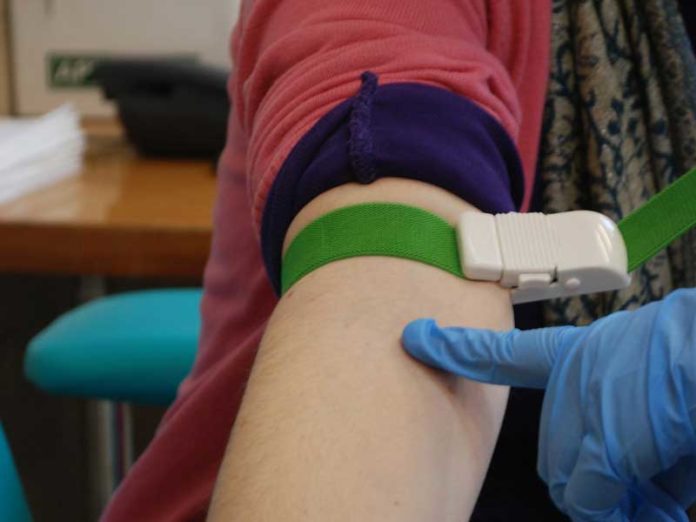Inflammatory markers are commonly used in primary care. Though established for specific diagnostic purposes, there is uncertainty around their utility as a non-specific marker to rule out underlying disease in primary care.
GPs are increasingly using them as a non-specific test to rule out serious underlying disease. Until now, there has been no evidence about whether this is a good strategy.
But a set of new studies have suggested that the tests are not good at ruling out disease. They also generate false positive results are common, leading to more follow-on consultations, tests, and referrals.
For the study, scientists gathered the data from the Clinical Practice Research Datalink. They then analyzed the records of 160,000 patients who had inflammatory marker tests in 2014 and compared these with the records of 40,000 patients who had not had the test.
Generally speaking, 15 percent of raised inflammatory markers were brought about by disease: 6.3 percent were the result of viruses, 5.6 percent were caused via autoimmune conditions, and 3.7 percent were because of tumors. No relevant infection could be found in the rest of the 85 percent of patients with raised inflammatory markers.
The analysts determined that, for each 1,000 inflammatory marker tests performed, there would be 236 false positives. They additionally discovered that these false positives would prompt 710 GP appointments, 229 blood test appointments, and 24 referrals in the following six months.
Half of the patients with a related disease had ordinary test outcomes, or a ‘false negative,’ implying that GPs ought not to depend on a typical test result as evidence of good wellbeing.
In the second study- carried out using the same dataset- scientists found that using two inflammatory marker tests does not increase the ability to rule out disease and should generally be avoided.
Dr Jessica Watson, a GP and lead author of the study which she undertook for her NIHR Doctoral Research Fellowship, said: “While inflammatory marker tests can contribute to diagnosing severe conditions and are useful for monitoring and measuring the response to treatment, their lack of sensitivity means they are not suitable as a rule-out test. False positives can lead to increased anxiety for patients, as well as increased rates of consultation, testing, and referral.
“We recommend that GPs stop using inflammatory markers as a non-specific test to rule out serious underlying disease. We would also like to see a review of NICE guidelines for chronic fatigue and irritable bowel syndrome, which currently promote the use of inflammatory markers to exclude other diagnoses.”
In the third study, scientists found that patients with raised inflammatory marker levels were at greater risk of cancer. The risk was highest for men over 50 and women over 60, exceeding the three percent National Institute for Health and Care Excellence (NICE) threshold for urgent investigation.
Professor Willie Hamilton, of the University of Exeter Medical School, said: “GPs should consider cancer as a possible diagnosis in patients with raised inflammatory marker levels, especially those over the age of 50, but not, conversely, rule out cancer when marker levels are normal. When we carry out a test in general practice, we have to be clear what we’re looking for. Our study shows it’s unsafe to use one of these tests as a general rule-out for serious disease. They don’t do the job.”
References:
‘Added value and cascade effects of inflammatory marker tests in UK primary care: a cohort study from the Clinical Practice Research Datalink‘ Jessica Watson et al. in the British Journal of General Practice.
‘Use of multiple inflammatory marker tests in primary care: using Clinical Practice Research Datalink to evaluate accuracy‘ Jessica Watson et al. in the British Journal of General Practice.
‘Predictive value of inflammatory markers for cancer diagnosis in primary care: a prospective cohort study using electronic health records‘ by Jessica Watson et al. in the British Journal of Cancer.

